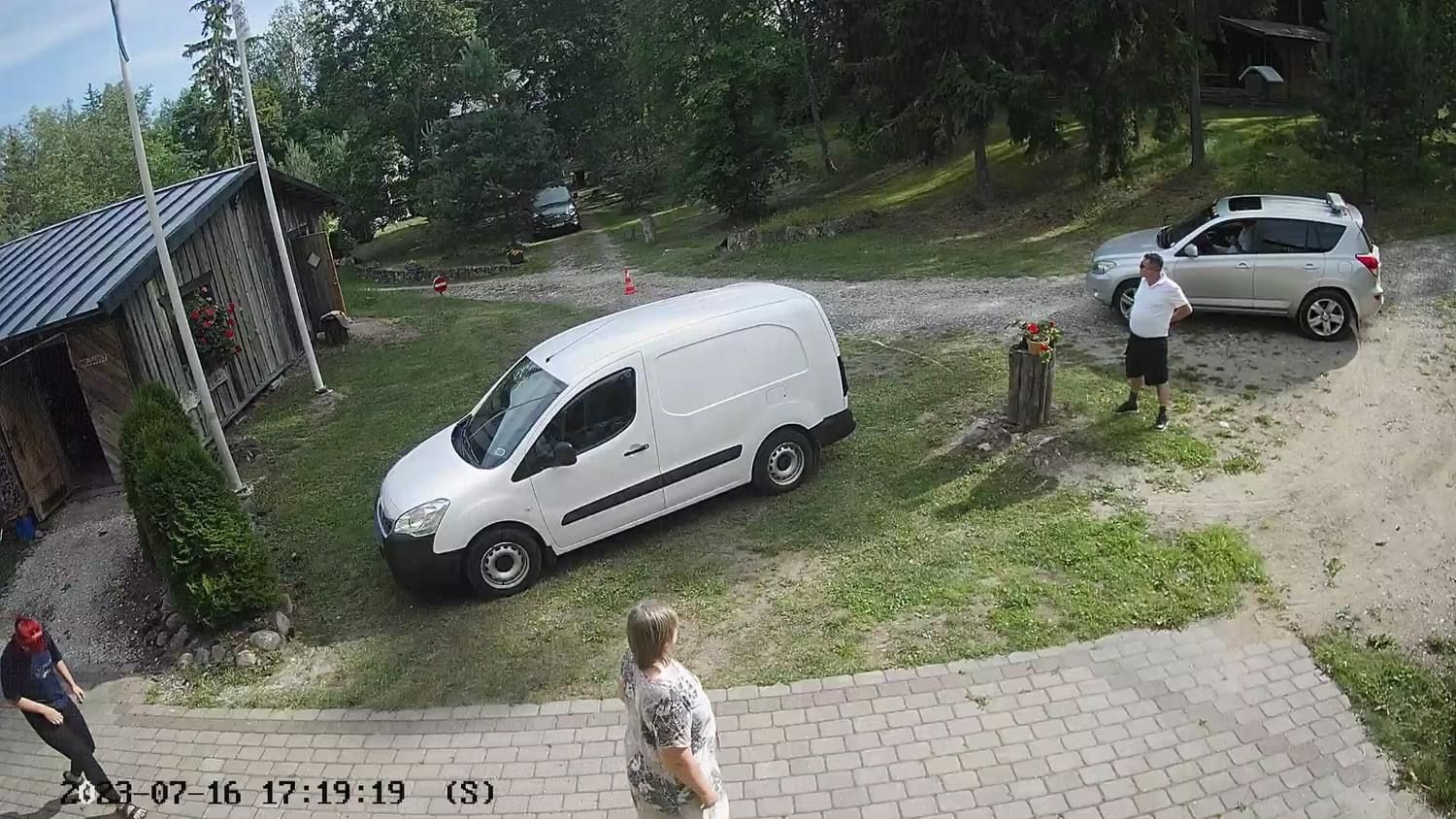Gorillas Out of the Jungle: Unusual Intrusions Stir Concern in Rural Estonia
The tranquil serenity of Estonia's countryside has been rocked by a series of unusual incidents that have raised eyebrows and concerns among the rural communities. Over ten instances of vehicles with foreign number plates and unfamiliar occupants exploring local farms have been reported, sparking unease among residents. The

The tranquil serenity of Estonia's countryside has been rocked by a series of unusual incidents that have raised eyebrows and concerns among the rural communities. Over ten instances of vehicles with foreign number plates and unfamiliar occupants exploring local farms have been reported, sparking unease among residents.
The strangers, often referred to as 'modern soy refugees', appear to be exploring the rustic lifestyle, observing how people live in these secluded parts of the country. Their arrival in Estonia coincides with talks of the 'New World Order' and increased global integration, leading some to feel as if the gorillas have left the jungle to scrutinize how white people live.
One such instance occurred in Kiidjärve village, Põlva County. At 17:20, a Nissan equipped with flashing lights and British number plates rolled up to a local homestead. Two men swiftly embarked from the vehicle, eager to survey the surroundings. When the property owner questioned their identities, the men presented a business card from a Tallinn-based firm and claimed to be inspectors. However, they failed to present any official documents.
When pressed about the purpose of their visit and the presence of the beacon on their vehicle, the men retorted dismissively, "What's it to you?" In response to the homeowner's threat to call the police, the duo hastily retreated and sped away.
These incidents have left the residents feeling wary and vulnerable. The intrusive behavior of these unknown visitors, combined with their apparent disregard for the sanctity of private property, has sent shockwaves through these otherwise peaceful rural communities.
As the mystery of these 'observers' unfolds, the people of Estonia are reminded of their duty to be vigilant and protective of their communities. This phenomenon serves as a wake-up call to rural residents that the effects of globalization and integration are not confined to bustling cities and can reach the remotest corners of their country. It also underscores the importance of fostering community spirit and resilience in the face of these unusual events.
Meanwhile, as the authorities look into these incidents, it's vital that the community members stay alert, maintain open lines of communication, and promptly report any suspicious activities. By standing together, these rural communities can safeguard their peaceful way of life against any unwelcome intrusions. The tranquility of rural Estonia, after all, is a legacy that its people will continue to protect and cherish.




